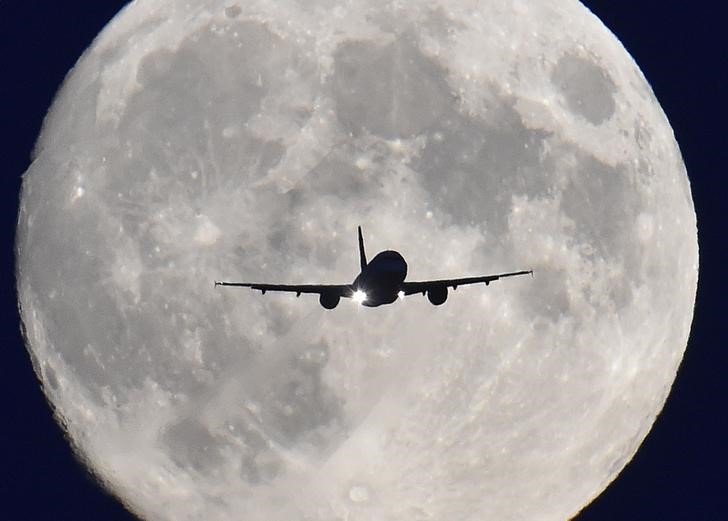LONDON (Reuters) - Abolishing its tax on air travel could boost Britain's economy by 1.7 percent by 2020, British Airways and easyJet (LONDON:EZJ) said on Wednesday, calling on the government to go beyond recent concessions on the duty.
A study by PwC, commissioned by the airlines, found scrapping air passenger duty (APD) would lift gross domestic product by about 0.5 percent in the first year and by 1.7 percent by 2020, with tax receipts from other sources more than offsetting the revenues lost from APD.
"Abolishing APD would boost the UK economy by supporting tourism, investment and business activity," said easyJet chief executive Carolyn McCall in a statement. "There is a real opportunity with this for the UK to be more competitive."
Last month, the airlines began to benefit from a government concession on APD with the abolition of the charge for children under 12, with plans from next year to get rid of it for all under-16s.
The calls for the government to go further and scrap the levy entirely come ahead of Chancellor George Osborne's budget in July, his first since a new government was elected in May, and at a time when Britain faces the prospect of different APD regimes within its borders.
New powers promised by the UK government for Scotland could hand it control of APD, which the majority Scottish National Party there has said it wants to cut or even scrap.
That raises the prospect of English passengers travelling to Scotland for cheaper fares to fly out of the United Kingdom.

APD costs each passenger leaving Britain between 13 pounds ($20.5) and 142 pounds depending on flight distance and class of travel. Ireland, the Netherlands and Belgium have all abolished equivalent air travel taxes in recent years.